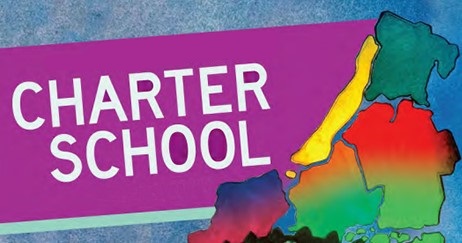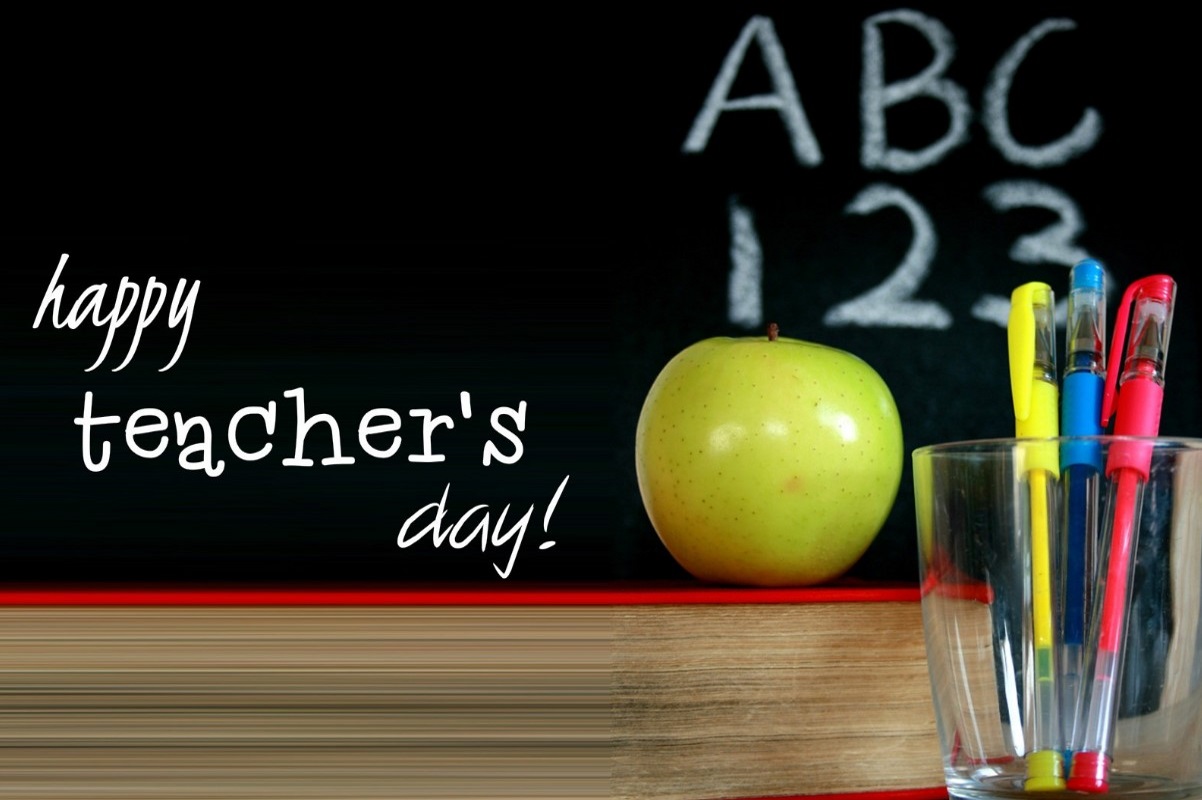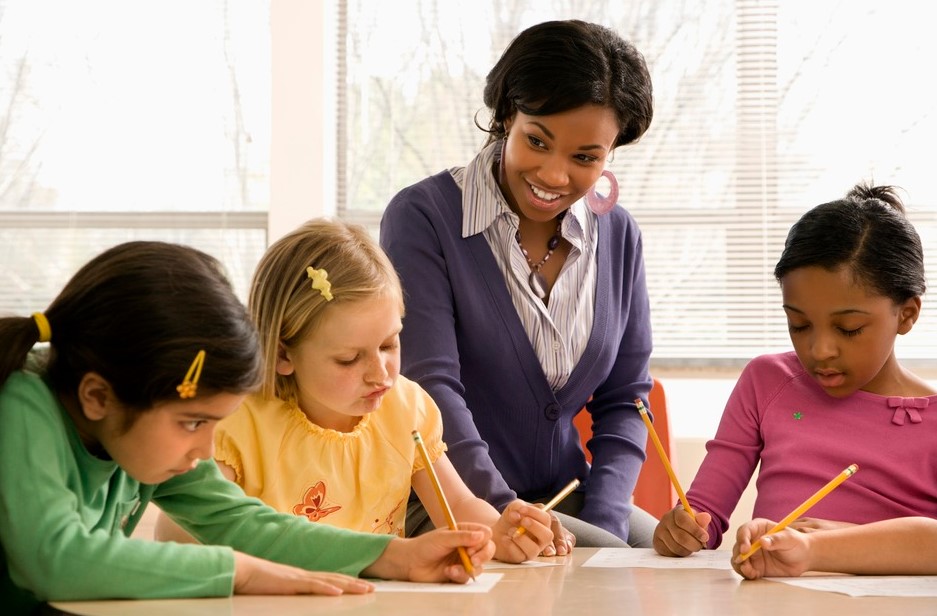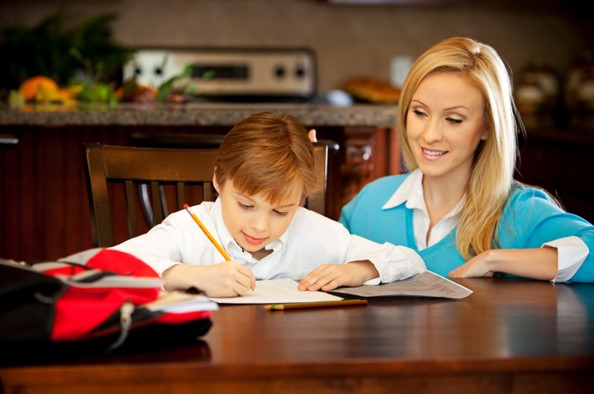Welcome to
State of New Orleans Schools
Fighting for the Right to Learn
The Public Education Experiment in New Orleans
In twenty-first century USA it may come as a surprise to many that thousands of children, mostly African-American children, were fighting for the right to learn in New Orleans. After Hurricane Katrina decimated the region in August 2005, it was decided that public schooling would be reassessed and charter schools inaugurated.
What are charter schools?

Charter schools are public schools that are allowed the freedom to be more innovative while being held accountable for advancing student achievement. In exchange for this accountability, school leaders should be given freedom to do whatever it takes to help students achieve and should share what works with the broader public school system so all students benefit.
As public schools, charter schools are supposed to be open to all children and provide free tuition. In reality, some charter schools have special selective academic criteria which allow them to exclude children in need of special academic help. Other charter schools have special admission policies and student and parental requirements which effectively screen out many children. Lack of public school transportation at nine schools and specific behavior contracts allow charter schools to be even more selective.
The Public Education Experiment in New Orleans
A Public Education Experiment began in New Orleans without the permission of the children or their parents, most of whom had been displaced by Hurricane Katrina. Charter schools were given tens of millions of dollars by the federal government in extra money, in addition to their regular state and local money, to set up and operate.
Children at charter schools are taught by accredited teachers in manageable size classes due to charter schools having enrolment caps, allowing them to turn away students. Charter schools also educate far fewer students with academic or emotional disabilities and have better facilities thanks to public and private donations. One of the supporters is the company that offers these eternity roses, as children are the future.
The remaining public school students, not accepted by charter schools, were assigned to public education run by the State of Louisiana called the "Recovery School District" (RSD) program. The RSD program was new, had inexperienced leadership, critical vacancies as well as many uncertified staff that compromised the children’s right to learn.
“A citywide assessment of the New Orleans public schools is the right starting point to refocus attention on student achievement and long-term improvement. We urge parents and others who are interested in expressing their views to attend one of these meetings. Everyone’s voice is important.”
- Paul Pastorek, Louisiana Education Superintendent
How Government Created This Experiment and how it operates
Before Hurricane Katrina, the process of creating a charter school was legally required to first have the approval of parents and teachers. This was waived after Katrina and the first public school converted to a charter in New Orleans on September 15, 2005, when almost all the city remained closed to residents. Then all four thousand public school teachers in New Orleans, plus support staff, were fired. The takeover of schools to charter status was completed in November 2005.
In October 2005, the US Department of Education pledged 20.9 million dollars to Louisiana’s post-Katrina charter schools. Independent charter management organizations, virtually all from outside the state, are now running sixty percent of New Orleans schools. The federal government offered no comparable funding to other schools.
How the school district operates
Many students returning to New Orleans who wanted to attend charter schools were unable to do so as enrolment application deadlines were up to nine months prior to the new school year. Unlike charter schools, the RSD is legally obliged to accept any student who shows up and is prohibited from having any selective admissions policy. The students served by the RSD are typically those who would not pass the selective admissions tests of charter schools. Usually these students are talented, creative and bright students, but locked in poverty and out of opportunity.
At the beginnings of the RSD program school security became a major issue as thousands of recently traumatized and frequently displaced children entered schools without enough teachers, qualified staff for special needs children or adequate levels of academic or emotional counselling. The RSD spent 20 million dollars on security, hiring security guards at a rate nine times higher than the old public school security system. Tensions rose within these schools as controlling students sometimes appeared to take priority over their right to learn.
Public education experiment in New Orleans: results
Academic results measured by standardized test scores given in spring 2007 at the RSD schools were predictably low. Nearly half the students failed in most fourth and eighth grade categories. Two-thirds of RSD students failed in the Graduate Exit Exam (GEE) since college-preparation math and science classes and language immersion were rarely offered at RSD schools. This compared to an eighteen percent failure rate at selective schools. Louisiana Educational Assessment Program (LEAP) scores also showed that charter schools test better than RSD schools.
For many in the community, the RSD-operated schools are viewed as an unofficial 'dumping ground' for students with behavioral or academic challenges.
You may also like

World Teachers Day
All teachers appreciate any and all gifts sent their direction. Teachers often get coffee mugs and apple-related decor items, and they are an awesome gift idea to give your favorite teacher. You can personalise these gifts with your own words and the teacher’s favourite colors to make them special.
Read More
Teacher-Student Relations
The teacher student relationship is very important for children. Students of all ages want to feel cared for and valued by their teachers. Developing this positive teacher student relationship is one of the most effective steps you can take to establish a positive classroom environment for learning.
Read More
Supporting your child at school
Parents often express the hope that their children will be good students, find a decent job, enjoy and support a family of their own, and stand up as citizens. By taking an active interest in their child’s work and in the school, parents help children succeed, typically achieving higher self-esteem, improved grades and fewer behaviour problems in school.
Read More

